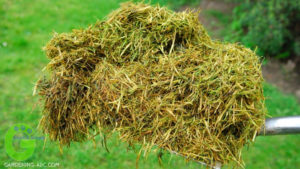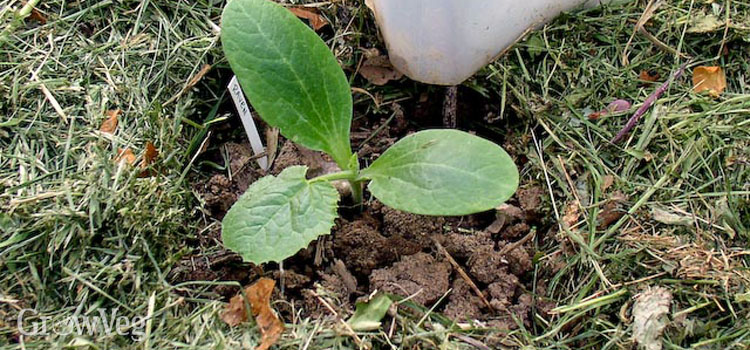

If you decide this method is right for you, there are a few things you should do to prepare grass clippings as mulch for your garden.
Pests: Various pests might take advantage of the grass clippings in your yard, like mice, slugs, and snails. This can also retain too much moisture under the clippings, causing issues like mold or mildew. Compaction: Dense mats of damp grass clippings can become compacted and prevent water and oxygen from reaching the soil. Best to save this method for the backyard garden! Less attractive: Dried, decomposing grass clippings are likely not as aesthetically pleasing as dyed bark or other mulch options. This is because clippings might contain weed seeds or even small roots from weeds from your yard, that will then establish in your garden. Introducing weeds: Grass clippings may also introduce weeds to your garden, the exact opposite of what you want to accomplish. However, there are also cons to this method of mulching that you should be aware of: Sustainable: The use of grass clippings makes use of something that would otherwise be wasted and prevents the need to purchase other mulches that likely take more energy to produce, process, and transport to your local store. Improves soil health: Grass clippings add to soil structure and provide organic matter as they break down, improving soil health. Suppresses weeds: By covering the soil, preventing weed seed establishment, and blocking sunlight from reaching weeds sprouting under your plants, using grass clippings as mulch can help reduce the time you spend weeding your garden!. Nutrient-rich: If you aren’t using other additives like fertilizer in your garden, grass clippings can add much-needed Nitrogen as they slowly break down and decompose into the soil. This can reduce the need for watering and protect your plants from long periods of hot temperatures. Retains moisture: Grass clippings retain moisture when placed on top of the soil around your plants. Cost-effective: Even if you don’t have plenty of grass to mow yourself, you likely know a friend or neighbor who would be happy to give you clippings for free. On the positive side, grass clippings come with many benefits when used as mulch: It is important to research if this method will work for you before you make any decisions. Just like anything else you can introduce to your garden, using grass clippings as mulch comes with pros and cons. Grass Clippings as Garden Mulch – Pros and Cons Grass Clippings as Garden Mulch – Pros and Cons. If you are interested in all the benefits mulch can provide, but not the price tag, you might find a useful mulch in something you likely have easy access to – grass clippings! Depending on the size of your garden, purchasing mulch can get quite expensive. The typical mulch you might see in a garden bed would be wood chips of various colors, surrounding the base of plants or newly transplanted trees. Mulch is a general term that can apply to a variety of materials, both organic and inorganic. 
It can have many benefits for your garden including temperature control, erosion control, moisture retention, and weed suppression. Like compost and fertilizer, mulch is an essential part of maintaining a healthy garden.
#Grass clippings in garden plus
Luckily, mulch can be an effective treatment to reduce the number of weeds in your garden, plus it comes with plenty of other benefits! I’m not too keen on the use of herbicides to control less desirable species though, so that limits my options.

I love my garden and all the wonderful plants that grow there, but taking care of it can feel like more of a chore and less of a hobby sometimes.

I don’t know about you, but I hate pulling weeds.








 0 kommentar(er)
0 kommentar(er)
